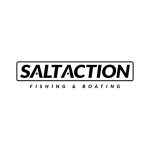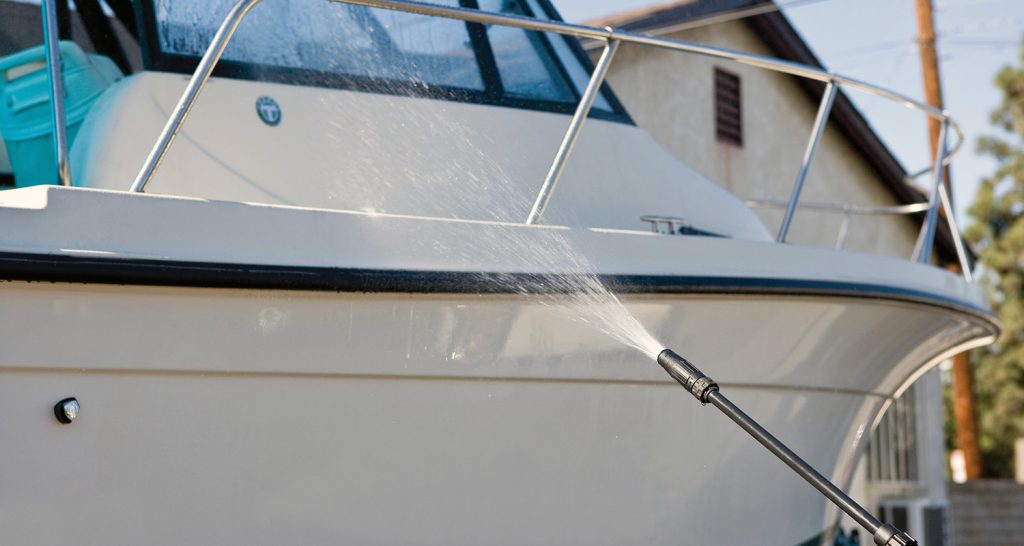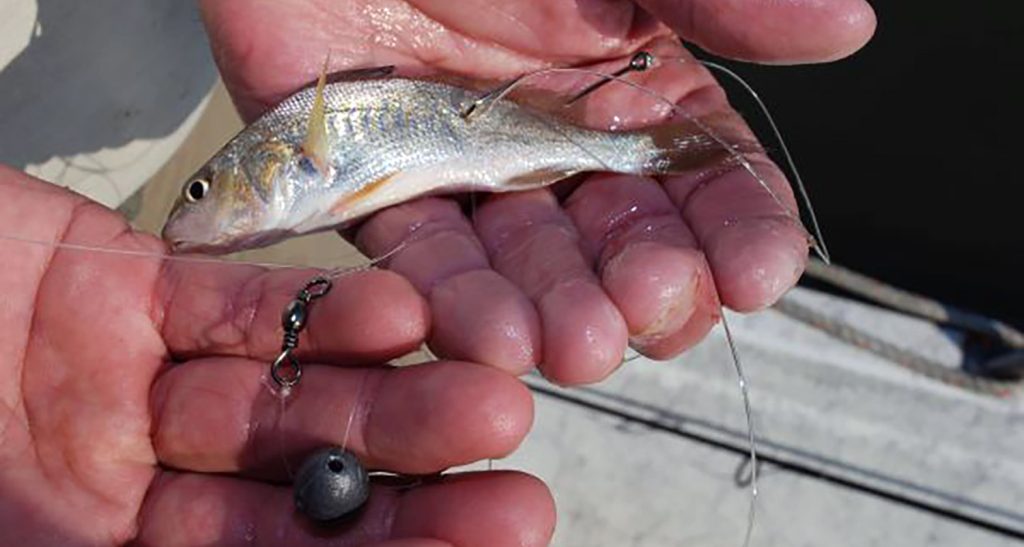Picture this: you're out on the water, ready for a day of boating adventure and relaxation. However, your excitement quickly turns to frustration when your boat refuses to start. As a boat owner, it's essential to familiarize yourself with basic troubleshooting techniques to identify and resolve common issues that may prevent your vessel from starting.
Let's run through the crucial steps to take when your boat won't start, allowing you to get back on track and enjoy your time on the water.
Fuel Supply:
The first aspect to check is the fuel supply. Ensure that your boat has an adequate amount of fuel. Even if the gauge indicates sufficient fuel, it's wise to have a backup plan. Try adding fuel from a separate container to verify that the issue isn't related to a faulty or clogged fuel line. Remember to inspect for any fuel leaks and rectify them promptly to prevent hazardous situations.
For peace of mind, consider carrying an extra fuel container or marine fuel container to avoid getting stranded due to fuel-related issues.
Battery:
Next, examine your boat's battery. Start by checking the battery connections to ensure they are clean, tight, and free from corrosion. If the connections are loose or corroded, clean them thoroughly or tighten them as necessary. Inspect the battery for signs of damage or low charge. A weak or dead battery can be a common culprit behind a boat's failure to start. Consider carrying a marine battery charger or jump-start pack to remedy battery-related issues.
Ignition System:
Proceed to inspect the boat's ignition system. Check if the ignition switch is in the “On” position and functioning correctly. If you turn the key and don't hear a clicking sound, it could indicate a problem with the starter motor or solenoid. Ensure that all wiring connections are secure, without any loose or damaged wires. If you have a separate kill switch, verify that it is properly engaged.
For added reliability, consider using a high-quality marine ignition switch for consistent performance.
Fuel Filter and Lines:
A clogged fuel filter or a blocked fuel line can impede the flow of fuel, causing the engine to struggle or fail to start altogether. Locate the fuel filter and examine it for any signs of blockage or dirt. If needed, replace the filter with a new one. Additionally, inspect the fuel lines for any kinks, cracks, or leaks. Damaged fuel lines may need to be replaced, and remember to use marine-grade fuel lines for safety.
If you're unsure which filter to use, check out the best-rated marine fuel filters to ensure optimal engine performance.
Propeller and Gearshift:
Sometimes, the boat won't start due to a propeller or gearshift issue. Ensure the propeller is clear of any debris, fishing line, or other obstructions that could impede its movement. Additionally, check that the gearshift is properly engaged in the “Neutral” or “Park” position. A boat with an improperly aligned gearshift may not start, as a safety measure to prevent accidental engagement while in gear.
For reliable propeller care, consider marine propeller maintenance kits to keep your propeller in top shape.
Engine Overheating:
If your boat's engine has recently overheated, it may have triggered an automatic safety shut-off feature that prevents it from starting until it cools down. Check the engine temperature gauge and allow sufficient time for the engine to cool before attempting to start it again. Address any underlying causes of overheating, such as a malfunctioning water pump, low coolant levels, or a blocked cooling system.
Wrapping Up
When your boat refuses to start while you're out on the water, it can be a frustrating experience. However, armed with some basic troubleshooting knowledge, you can efficiently identify and resolve the most common issues. Remember to check the fuel supply, battery, ignition system, fuel filter and lines, propeller and gearshift, and engine temperature. By going through these essential checks, you increase your chances of quickly resolving the problem and getting back to enjoying your time on the water.
In case the issue persists or is beyond your expertise, it's advisable to contact a professional boat mechanic for assistance. To stay prepared for any situation, consider investing in the best marine emergency repair kits.





